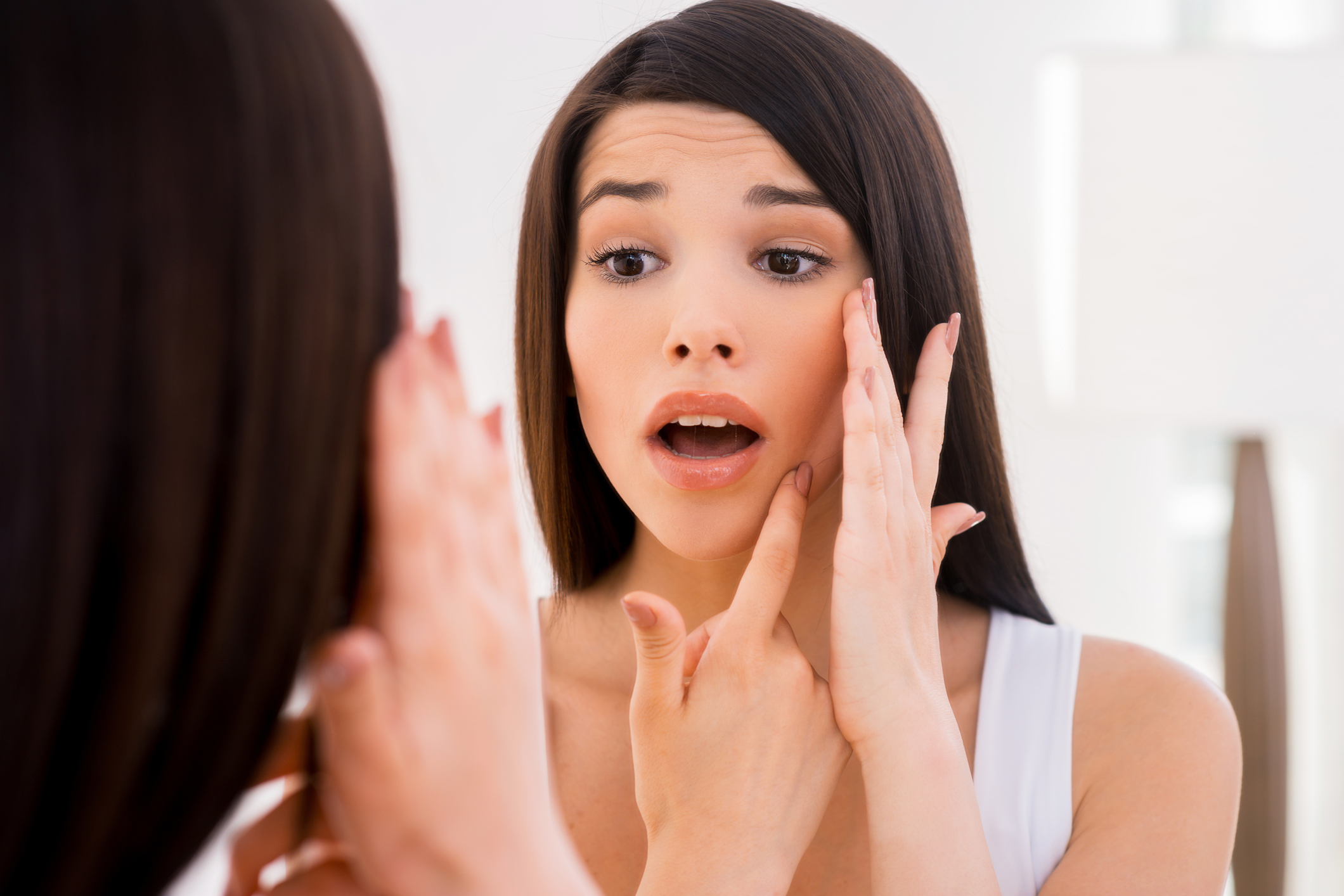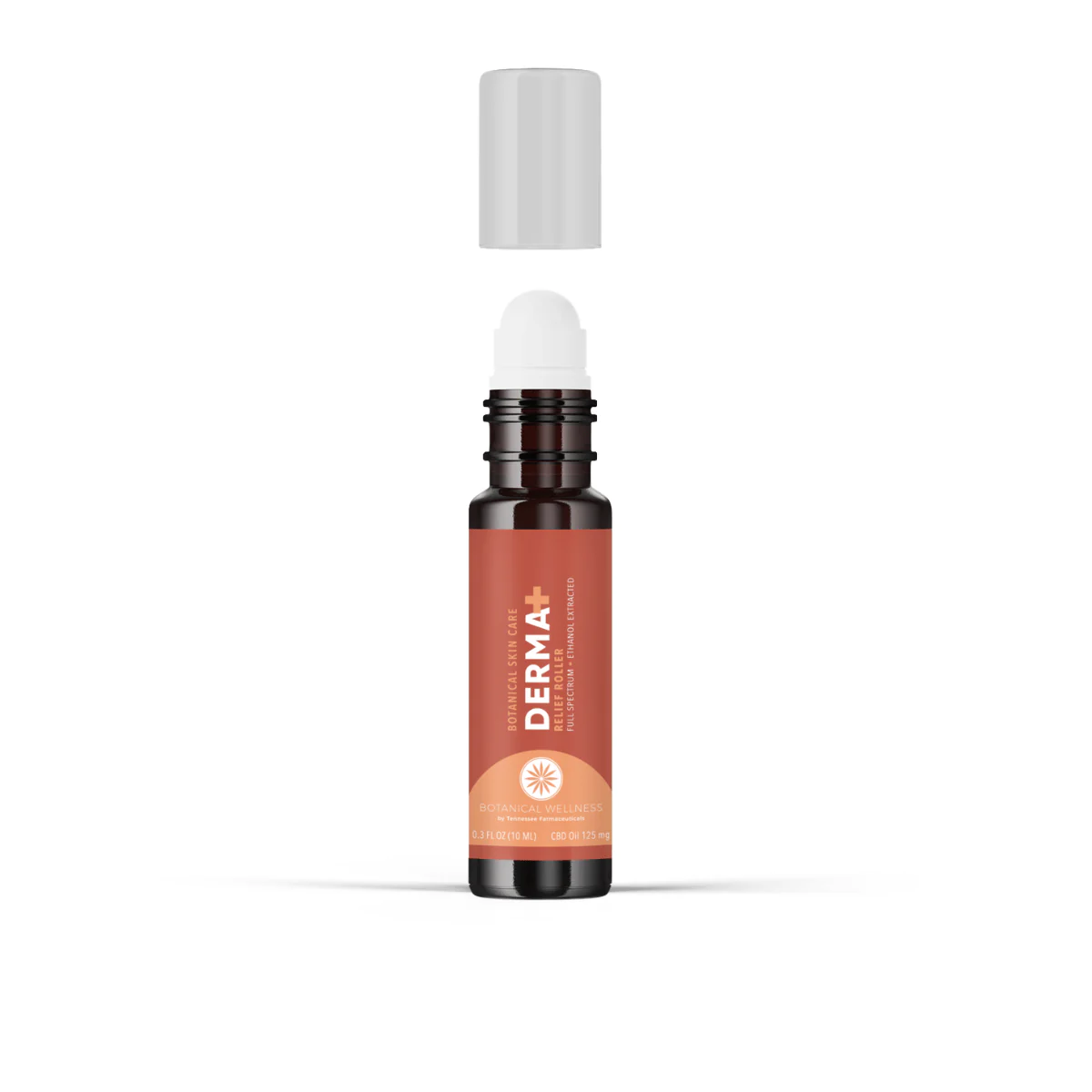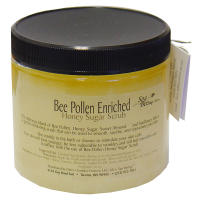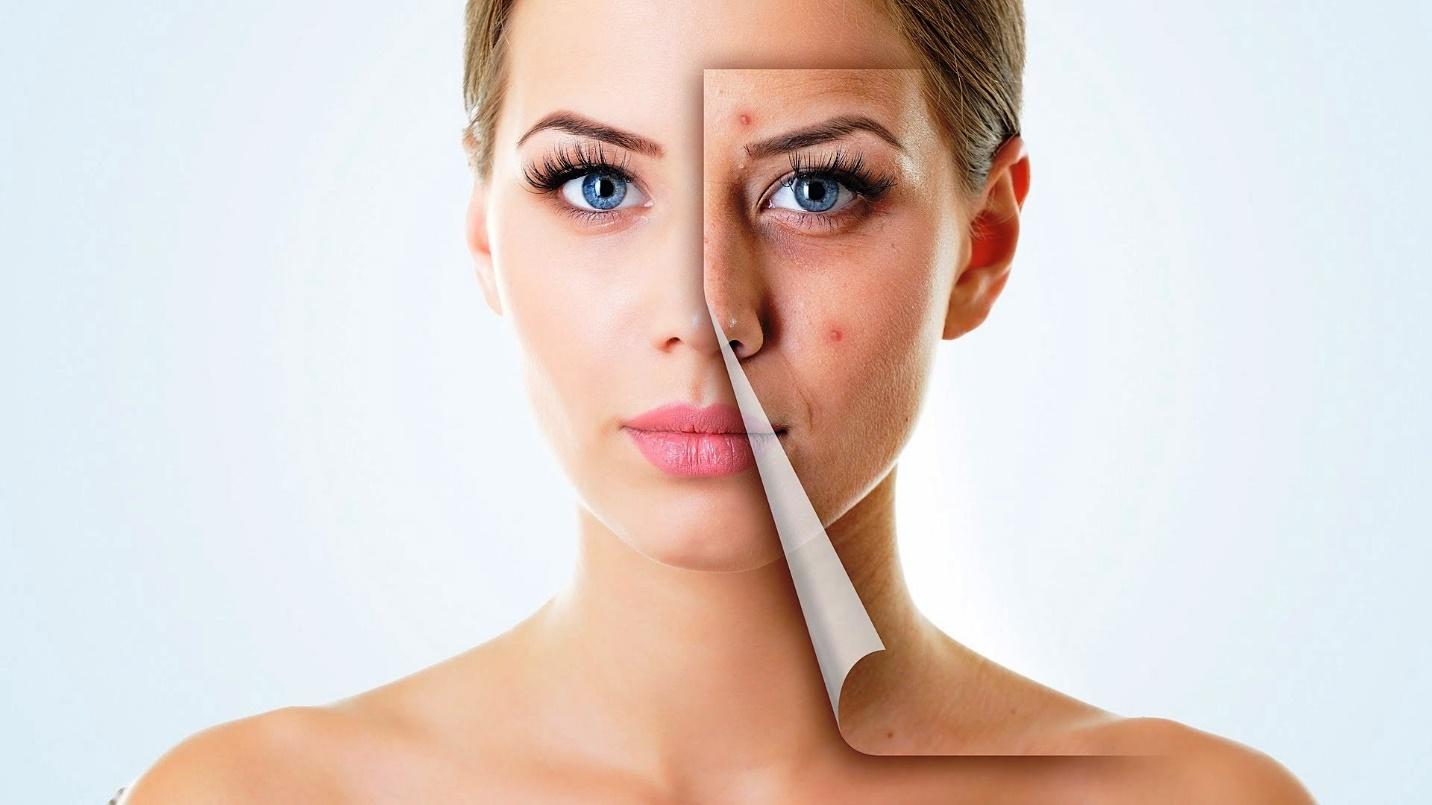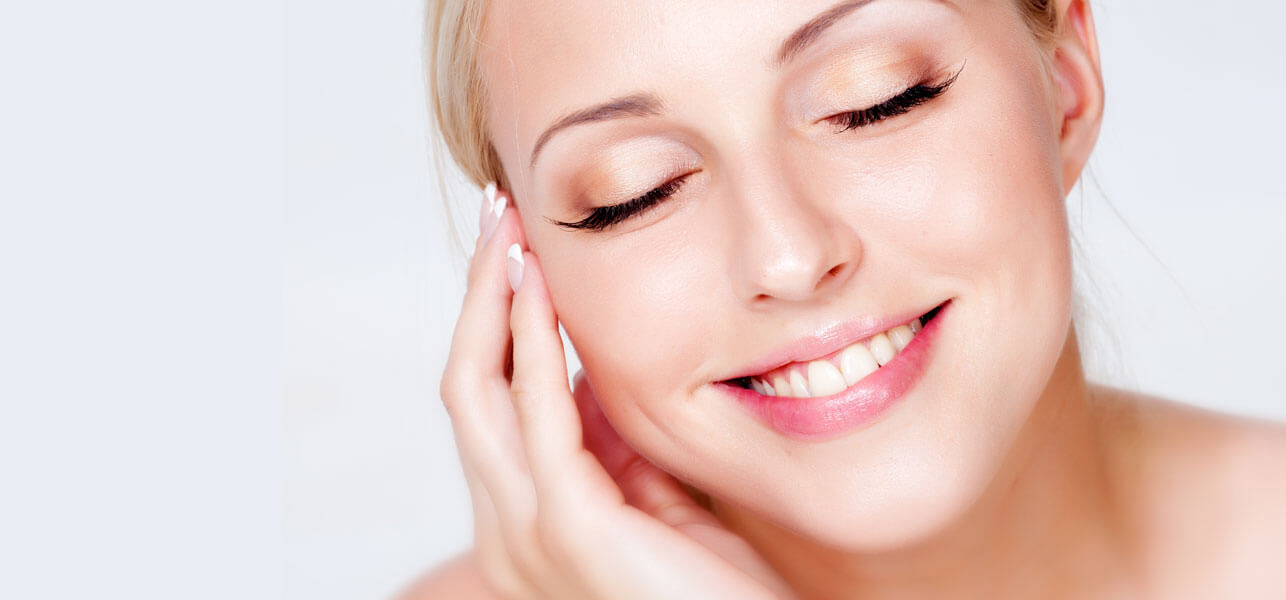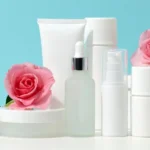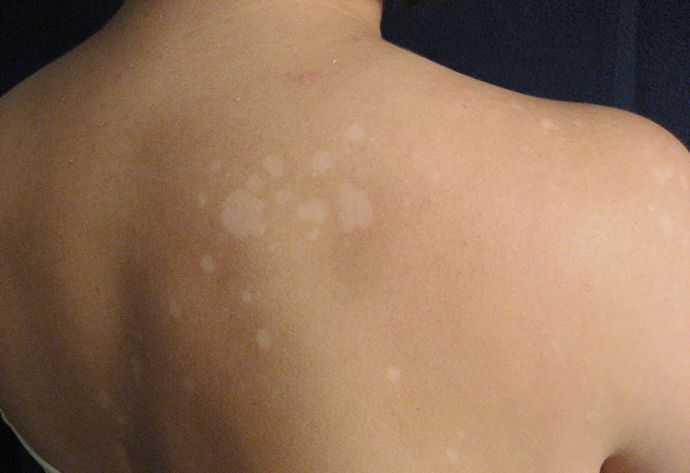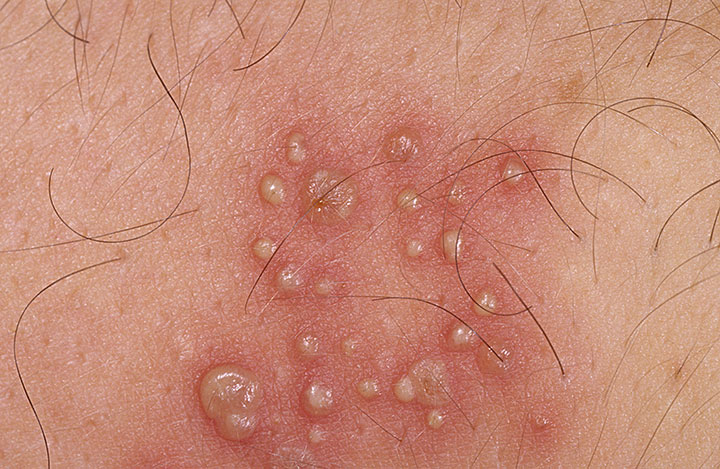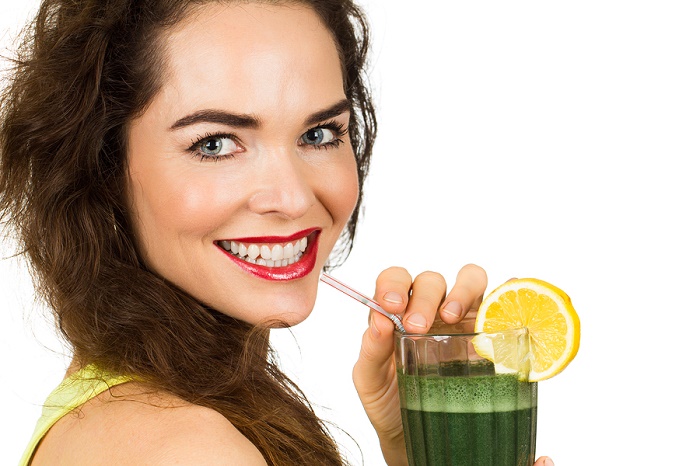
Of the evil monsters threatening happiness during adolescence, acne is probably among the most dreaded ones. Acne can strike when you’re least expecting it, and its force is crushing: even a small pimple can ruin your day. And when it comes to the more serious forms of acne, with a face that is almost always covered with swollen red spots and scars, things are much worse.
It might, therefore, be a good idea to see just what acne is and how it appears, as well as whether or not you are a likely target for it. After all, knowing your enemy is the first step towards victory.
Acne occurs when sebum and dead skin cells build up and jam inside the epidermal pores. As bacteria start feeding on the dead cells and multiplying, while also releasing all kinds of chemicals that are harmful to the skin, the epidermis becomes irritated, which ultimately leads to acne eruptions.
It is not just the face that is prone to acne. A much wider surface of the skin, including the neck, chest, and upper back can often be affected. The eruptions are, however, more frequent on the face due to the increased sensitivity of the skin in that area, and they are certainly more visible there since the face is much more exposed to the eye. The so-called “T” area on the face is where acne is most common – the region covering the forehead, nose and chin.
Acne can affect peoples skin to various degrees, from mild forms to quite serious ones. There is a wide range of factors determining how liable your skin is to acne, from genetically inherited traits and the type of skin (too oily or too dry skin types are more prone to acne) to external factors such as your lifestyle and eating habits.
Acne is very closely connected with the bodys hormonal secretions. This can explain why teenagers are so often affected by acne; it has to do with the hormonal processes occurring in the body at this age.
Youre not likely to win the fight by violence. Rubbing or squeezing a pimple can make things worse, increasing irritation. The same can be said of excessive washing of the face, which poses the additional risk of spreading the infection to other areas as well. Not only do such methods not cure acne, but they may leave behind scars that take a very long time to heal.
There is, however, still hope. Proper skin care can help keep acne at bay, at least partly. There are basically two things you have to consider: preventing skin dehydration and keeping your skin clean.
Skin dehydration can result in flaking, and flakes are a preferred environment for bacteria. Therefore, it is a good idea to use a moisturizer and, of course, to drink enough water. This is particularly important during winter, when the skin dries due to the cold.
As for cleaning, it is especially important during the summer. The heat makes the skin pores open, which increases the risk of dust and sweat to build up inside them. Washing your face gently twice a day is a good way to keep it clean while not putting too much pressure on it. Avoid touching your face if your hands are not clean. The ideal thing would be to disinfect your hands with an antiseptic solution before touching your face.
Regular application of these methods can help you win a gradual victory against acne. Looking in the mirror will become an increasingly pleasant activity.
For more acne treatments click here

Herry a man of many talents and interests. He has been writing on health for years and his blog covers everything from diet to natural remedies, fitness, and more. He loves learning about new things like supplements like turmeric, probiotics, green tea extract, protein powders etc., because he wants to give his readers the latest information they need in order to make healthy decisions for themselves or their loved ones.


